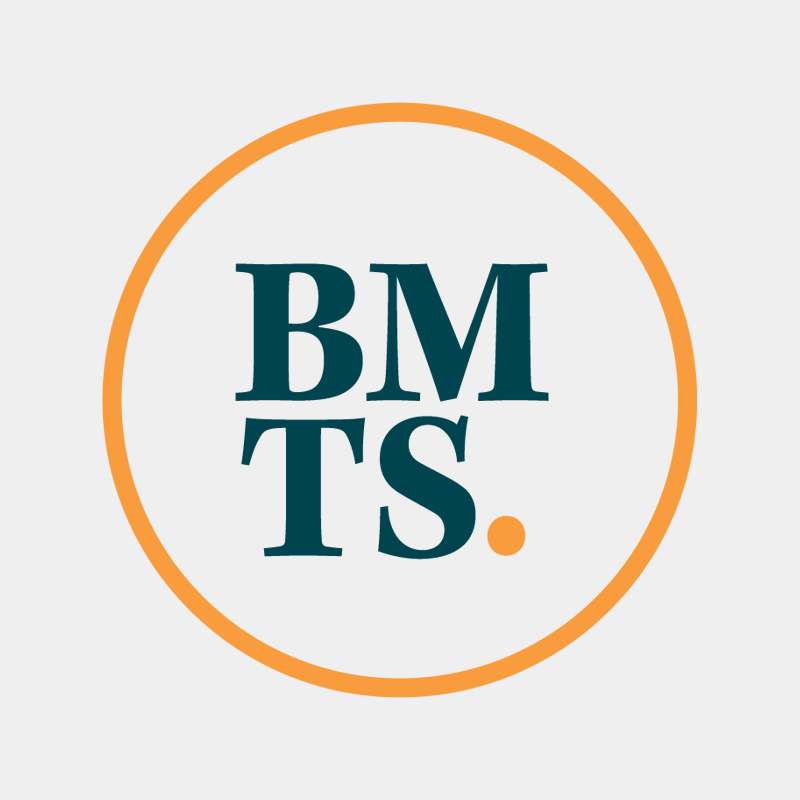When viewers of the 2018 Super Bowl see nighttime images from a blimp cruising over U.S. Bank Stadium, they won’t see any illuminated signs for competing banks.
Unless maybe Wells Fargo wants to spend more time and money on the Courtroom Battle of the Bank Signs by appealing Thursday’s court ruling.
In a long-running feud between the Minnesota Vikings and Wells Fargo, a U.S. District Court sided with the Vikings. The ruling from Judge Donovan Frank says Wells Fargo violated a contract by putting light-up signs on the roofs of its two new office towers next door to the new Vikings stadium.
The court gave Wells Fargo 30 days to take down the signs and ordered the bank to cover the Vikings’ court costs.
The court’s decision
Minnesota’s 2012 stadium legislation and a subsequent agreement with the state board that runs the building gives the Vikings control over the “branding and image” of the $1.1 billion stadium.
Later, Wells Fargo and Minneapolis agreed on a development project including two 17 story towers for bank offices adjacent to the stadium. The construction company building the Wells Fargo towers sat down with the Vikings and worked out a deal about signs.
That’s the contract that Judge Frank says Wells violated by installing signs that stick up a few feet above the roof and can be illuminated. The ruling says Wells is free to paint its logo on the roof without violating the deal.
#Vikings win 'photobomb' lawsuit against Wells Fargo https://t.co/90ohG0rNhJ #NFL
— FOX 9 (@FOX9) June 23, 2016
Judge: did you really need a court order for this?
Since the Vikings filed their lawsuit in December, the court has tried to get the two sides to agree to a compromise on their own. In April a magistrate even ordered Wells Fargo and the Vikings to “spend the entire day and evening, if necessary” at the bargaining table.
But compromise proved elusive.
In the conclusion of his ruling, Judge Frank wrote that the court “…continues to have difficulty understanding the parties’ inability to resolve this dispute short of a court order,” adding that “…neither (party) seems to comprehend the possibility that spending vast time and resources on this litigation might disserve the public interest.”




